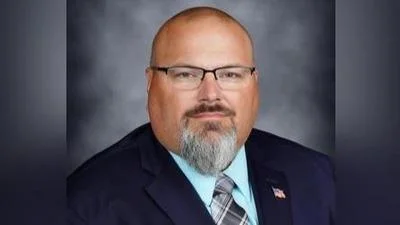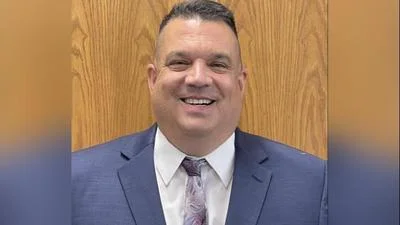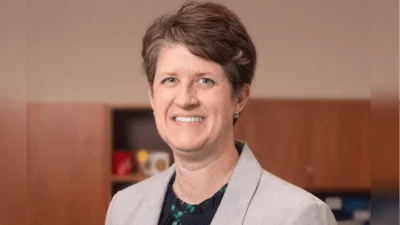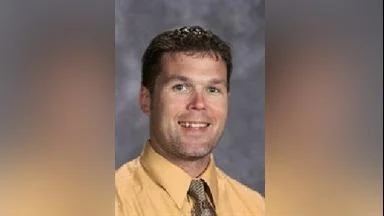Brent Jacobson, Wisconsin State Representative for 87th District | https://www.facebook.com
Brent Jacobson, Wisconsin State Representative for 87th District | https://www.facebook.com
According to the Wisconsin State Legislature's official website, the bill was described as follows: "various changes to the unemployment insurance law and federal Reemployment Services and Eligibility Assessment grants. (FE)".
The following is our breakdown, based on the actual bill text, and may include interpretation to clarify its provisions.
In essence, this bill makes several adjustments to the unemployment insurance law in Wisconsin, officially renaming it "reemployment assistance." It establishes new requirements for claimants, including mandatory direct contact with potential employers after the second benefit week and maintaining a current resume on the Department of Workforce Development's (DWD) job center website. It mandates that DWD provide each claimant with at least four potential job opportunities weekly, and requires participation in reemployment counseling sessions when benefits dwindle. The Department must also ensure continued participation in the federal Reemployment Services and Eligibility Assessment program. Changes are set to take effect on various dates, beginning in January 2026, with full implementation by July 5, 2026.
The bill was co-authored by Senator André Jacque (Republican-1st District), Representative Scott Allen (Republican-82nd District), Representative Alex A. Dallman (Republican-39th District), Representative Cindi Duchow (Republican-97th District), Representative Chanz J. Green (Republican-74th District).
Brent Jacobson has co-authored or authored another 43 bills since the beginning of the 2025 session, with none of them being enacted.
Jacobson graduated from Saint Cloud State University in 2006 with a BS and again in 2009 from West Virginia University College of Law with a JD.
Jacobson, a Republican, was elected to the Wisconsin State Assembly in 2025 to represent the state's 87th Assembly district, replacing previous state representative James Edming.
In Wisconsin, the legislative process starts when a senator, constituent, group, or agency proposes an idea for a bill. After drafting, the bill is introduced, numbered, and referred to a committee for review and public input. If approved, it moves through three readings and votes in both the Senate and Assembly. Once both chambers pass the same version, the bill goes to the governor, who can sign it, veto it, or let it become law without a signature. Only a small share of bills introduced each session ultimately become law. You can learn more about the Wisconsin legislative process here.
| Bill Number | Date Introduced | Short Description |
|---|---|---|
| AB164 | 04/08/2025 | Various changes to the unemployment insurance law and federal Reemployment Services and Eligibility Assessment grants. (FE) |
| AB105 | 03/10/2025 | The distribution of certain material on the Internet |
| AB85 | 02/28/2025 | Recommendation to revoke extended supervision, parole, or probation if a person is charged with a crime. (FE) |
| AB73 | 02/24/2025 | Statutory recognition of specialized treatment court and commercial court dockets |
| AB66 | 02/24/2025 | Dismissing or amending certain criminal charges and deferred prosecution agreements for certain crimes |
| AB65 | 02/24/2025 | Entering certain places with intent to commit battery and providing a penalty |
| AB33 | 02/17/2025 | Representations depicting nudity and providing a penalty |
| AB29 | 02/17/2025 | Impoundment of vehicles used in certain traffic offenses |






 Alerts Sign-up
Alerts Sign-up